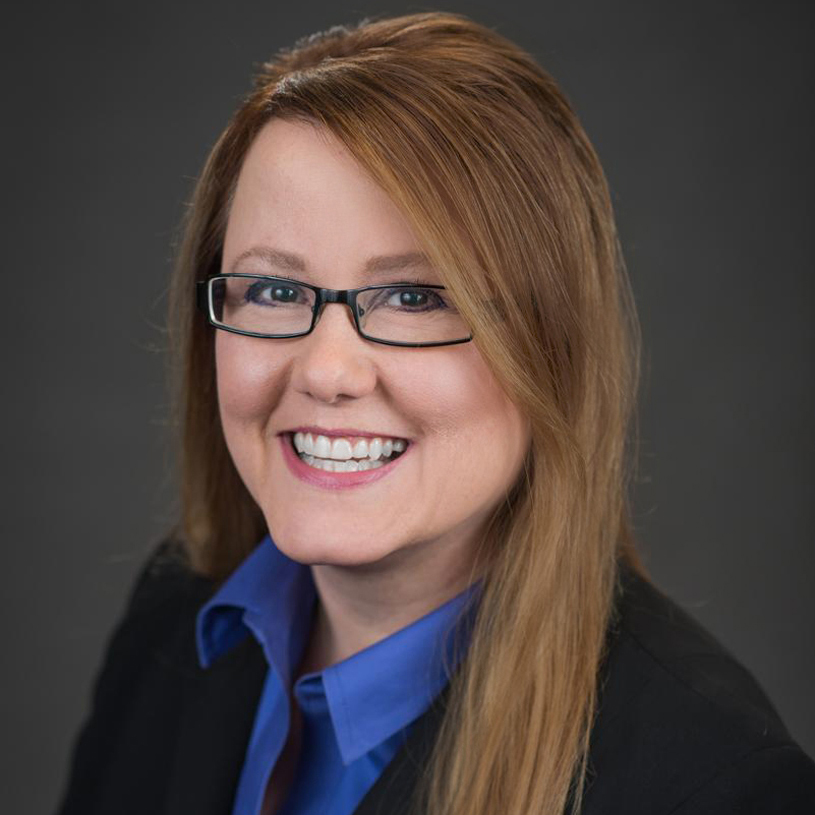
Much has been written recently about family caregivers — the need for employers to accommodate family caregivers as a way to address workforce challenges and the importance for senior living and long-term care operators to engage family caregivers in delivery processes.
An interesting study recently published in The Gerontologist suggests that when it comes to older caregivers — those aged 60 or more years — those providing less care than their peers may need more support.
Caregivers who provide “marginal” assistance — spending up to an hour helping often with only one activity — reported worse well-being than those who help two hours a day assisting someone with various activities, according to first author Vicki Freedman, Ph.D., a research professor at the University of Michigan Institute for Social Research.
Of course, the finding is counterintuitive, but Freedman has some thoughts about the study’s results. “It may be that these marginally involved caregivers find it harder to incorporate care into their busy lives,” she said. “Or it could be those with worse well-being are less able to take on a more substantial caregiving role.”
Researchers used 24-hour time diary data from the national Panel Study of Income Dynamics at University of Michigan, which began in 1968. The study sample consisted of 511 diary days that had at least one reported care activity from adults aged 60 or more years.
Caregivers reported details about what they did, including how long they did it. They also responded to questions about their well-being, that is, how they felt — calm, happy, sad, frustrated or worried — during randomly selected activities. Freedman said her study was different from others in that it considered both what caregivers did and when in the day they did it.
On average, older caregivers spent just over two hours helping on days they assisted other adults with activities of daily living. The time of day didn’t have as much effect on well-being as the type of care provided, the researchers said.
More research is needed, but this study is a reminder not to jump to conclusions about family caregivers and their personal stressors and needs.

